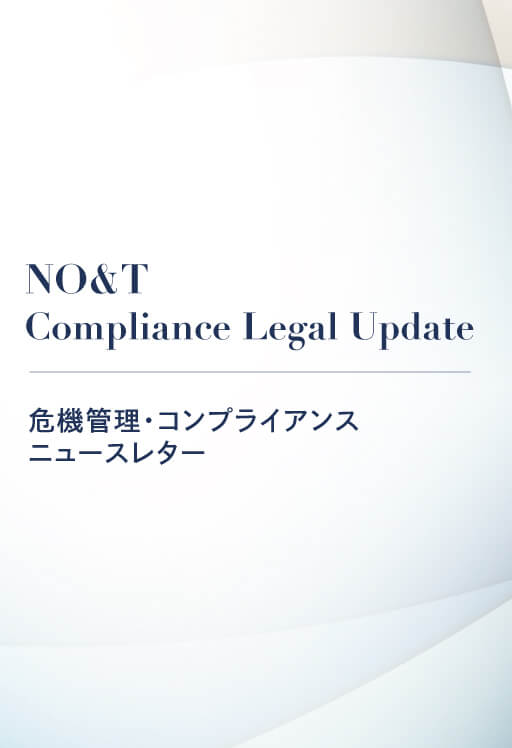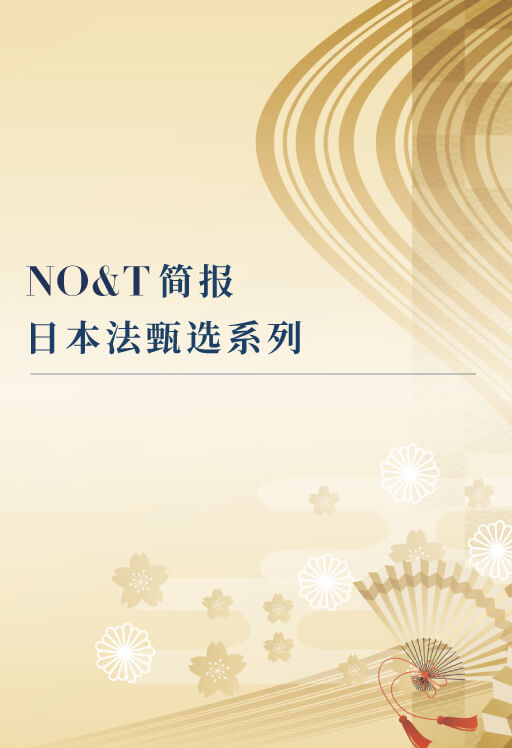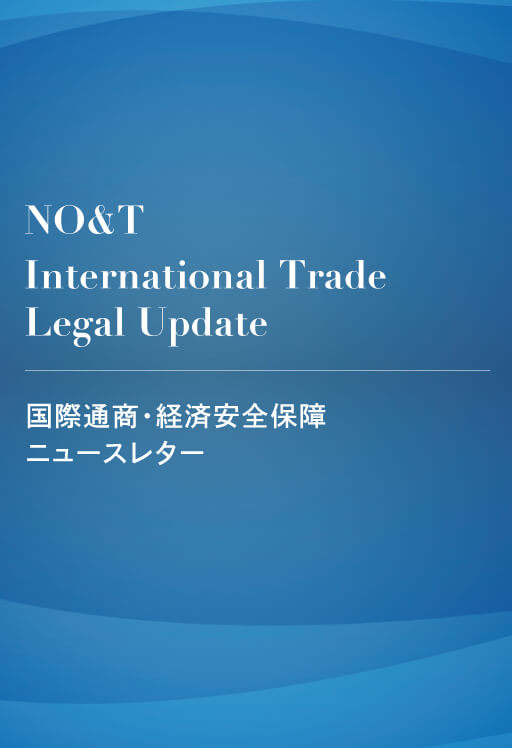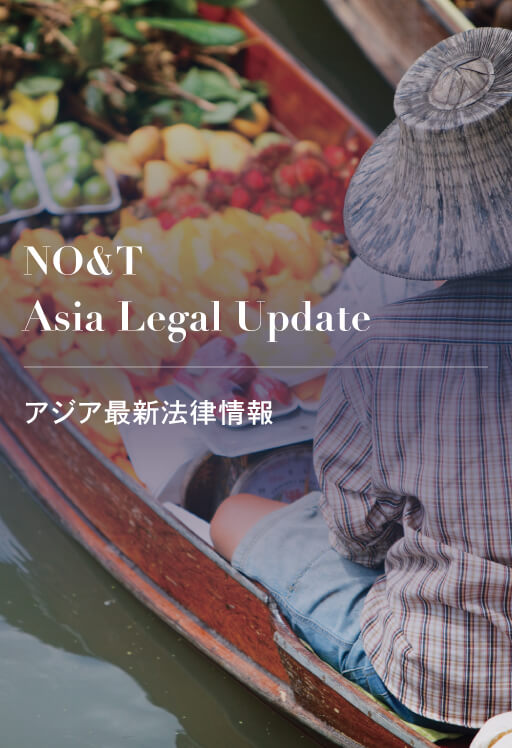
NO&T Japan Legal Update
英文
I. Introduction
Over a year has passed since the amendment to the Foreign Exchange and Foreign Trade Act (the “FEFTA”) and its related cabinet orders, ministerial ordinances and public notifications (collectively, the “2019 Amendment”) entered into force on May 8, 2020.
On June 15, 2020, the Japanese government added the manufacturing of pharmaceuticals for specific infectious diseases as well as the manufacturing of specially-controlled medical devices to the list of business sectors that require advance filing under Japanese foreign direct investment (“FDI”) regulations under the FEFTA (“designated business sectors”). In addition, those business sectors were also designated as “core business sectors” because of their strategic value from a national security perspective. Entities purporting to acquire up to 10 percent of a listed company in a core business sector are subject to more stringent criteria when applying for an exemption from making advance filings, and are not eligible for any exemption from making advance filings for share acquisitions of an unlisted company.
On August 18, 2021, the Japanese government announced its plan to add business sectors relating to rare-earth metals to the list of designated and core business sectors.
This article outlines the Japanese government’s recent movements to expand the scope of more stringent FDI regulations to new business sectors.


宇治佑星


真武庆彦、丰田纱织(共著)、李红、若江悠(中文版负责律师)


Roku(鹿) Haseru


Roku(鹿) Haseru


宇治佑星


塚本宏达、福原步美、近藤亮作(共著)


(2024年1月)
大久保凉、若江悠、滨口耕辅、大沼真、Roku(鹿) Haseru、大泽大(采访)


(2023年11月)
川合正伦、王雨薇(共著)


宇治佑星


(2025年5月)
Roku(鹿) Haseru


Roku(鹿) Haseru


Roku(鹿) Haseru


宇治佑星


(2025年5月)
Roku(鹿) Haseru


Roku(鹿) Haseru


Roku(鹿) Haseru